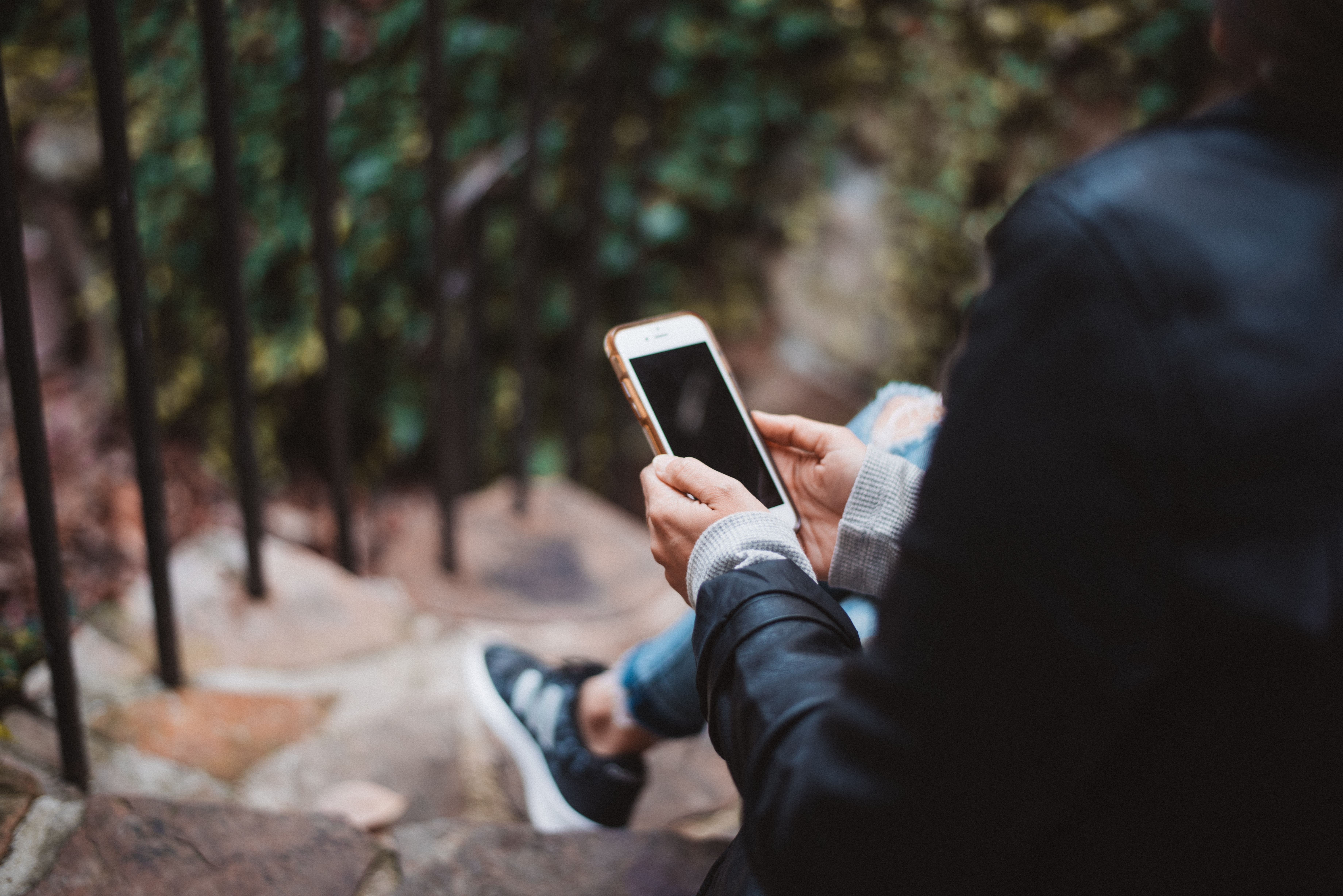In a candid blog post published Friday by Facebook, the company wrote, “[I]n general, when people spend a lot of time passively consuming information — reading but not interacting with people — they report feeling worse afterward.” If “passively consuming information” sounds a lot like how you endlessly scroll through your NewsFeed, that’s the point.
The blog post was written by David Ginsberg, Facebook’s director of research, and Moira Burke, a Facebook research scientist, and here’s what they said about the negative effects of social media:
“In one experiment, University of Michigan students randomly assigned to read Facebook for 10 minutes were in a worse mood at the end of the day than students assigned to post or talk to friends on Facebook. A study from UC San Diego and Yale found that people who clicked on about four times as many links as the average person, or who liked twice as many posts, reported worse mental health than average in a survey. Though the causes aren’t clear, researchers hypothesize that reading about others online might lead to negative social comparison — and perhaps even more so than offline, since people’s posts are often more curated and flattering. Another theory is that the internet takes people away from social engagement in person.”
But the post also noted that Facebook can be good for you, too—when used a certain way. Ginsberg and Burke write, “[A]ctively interacting with people — especially sharing messages, posts and comments with close friends and reminiscing about past interactions — is linked to improvements in well-being.” Specifically, a study Facebook did with Robert Kraut at Carnegie Mellon University found that “people who sent or received more messages, comments and Timeline posts reported improvements in social support, depression and loneliness. The positive effects were even stronger when people talked with their close friends online.”
Read the full blog post here.


